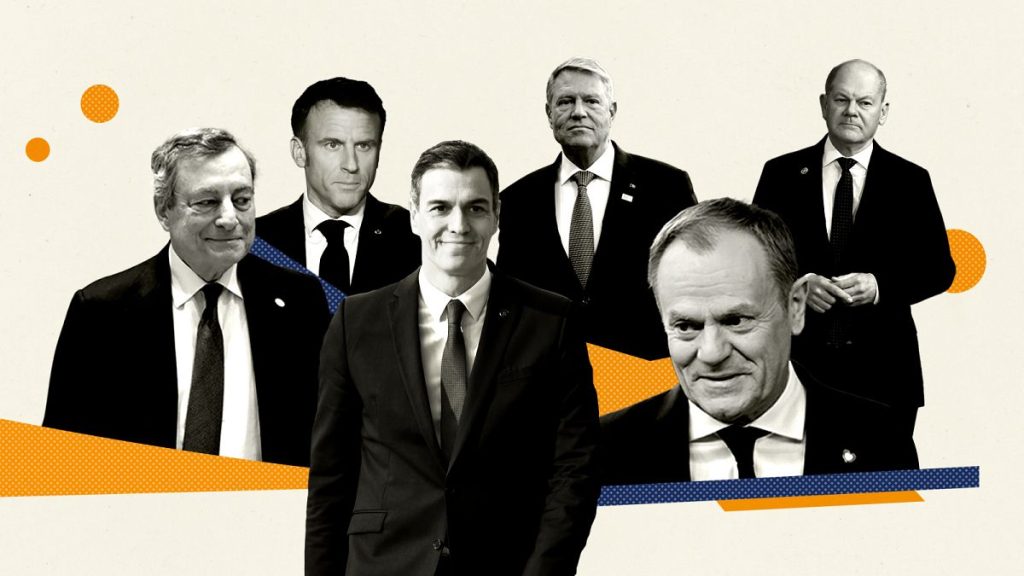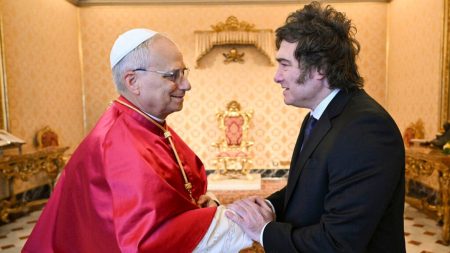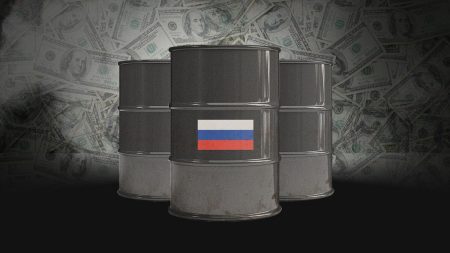2024: A Year of Seismic Shifts in the European Political Landscape
The year 2024 witnessed a series of political earthquakes that reshaped the power dynamics within the European Union. Elections across the continent, a persistent war in Ukraine, a faltering economy, and the unexpected return of Donald Trump to the US presidency created a volatile environment. Amidst this turbulence, some political figures skillfully navigated the shifting sands to enhance their influence in Brussels, while others found themselves struggling to stay afloat. This analysis examines the key winners and losers, as well as figures to watch in the evolving European political arena.
The Ascendancy of Tusk and Sánchez: A Tale of Two Leaders
Donald Tusk, leading Poland’s return to the EU mainstream after years of strained relations, emerged as a significant force. Aligned with the European Commission on crucial matters like Ukraine, Tusk pledged to reverse the controversial judicial reforms implemented by the previous government. Despite ongoing domestic political challenges, his pro-EU stance and alignment with Commission President Ursula von der Leyen allowed him to exert considerable influence in Brussels, exemplified by the swift approval of his controversial migration plan. Simultaneously, Spain’s Prime Minister, Pedro Sánchez, solidified his position as a stable centrist leader. Resisting the anti-establishment wave that swept across Europe in the June EU elections, Sánchez maintained a strong delegation in the European Parliament, leveraging this presence to secure influential positions for Spanish officials within the European Commission, including control over antitrust policy and the climate agenda.
The Lingering Influence of Draghi and Letta: Shaping the Economic Narrative
While no longer active in government, former Italian Prime Ministers Mario Draghi and Enrico Letta continued to exert a substantial influence on the EU’s economic trajectory. Their reports highlighting Europe’s sluggish economic growth compared to the US, and proposing solutions like increased subsidies and regulatory reform, resonated strongly within the Commission. The renewed threat of US protectionism under Trump further amplified the urgency of their recommendations, embedding their ideas into the mandates of newly appointed European Commissioners.
Macron and Scholz: Navigating Domestic Turmoil and Diminished Influence
French President Emmanuel Macron faced a tumultuous year, marked by significant losses in both EU and national elections, and the collapse of his parliamentary majority. The ensuing political instability and pressure from Brussels to address France’s high deficit significantly weakened Macron’s standing within the EU, transforming him from a leading pro-European voice into a politically vulnerable figure. Similarly, German Chancellor Olaf Scholz grappled with internal coalition divisions that hampered his ability to effectively engage with EU partners. Germany’s fluctuating stance on key EU legislation, driven by internal disagreements, undermined its reputation as a reliable driving force within the bloc, culminating in the collapse of Scholz’s government and snap elections.
Romania’s Uncertain Future and Rutte’s Dual Roles: Navigating Complexity
Romania faced a period of political uncertainty following the annulment of its presidential election results due to allegations of foreign interference. The unexpected victory of a far-right candidate and the subsequent re-run of the election raised concerns about Romania’s stability and its future role within the EU. Meanwhile, Mark Rutte of the Netherlands experienced a mixed year, stepping down as Prime Minister after a long tenure but subsequently securing the prestigious yet challenging position of NATO Secretary General. Rutte’s new role placed him at the helm of a strengthened alliance navigating the complexities of a resurgent Russia and the unpredictable policies of a returning Trump administration.
Orbán’s Strategic Maneuvering and Starmer’s Cautious Approach: Contrasting Approaches to EU Engagement
Hungary’s Viktor Orbán, despite facing widespread criticism and legal challenges within the EU, strategically utilized his veto power on Ukraine policy to maintain leverage in Brussels. His successful formation of a far-right alliance within the European Parliament, combined with potential alignment with the Trump administration, positions him to further expand his influence despite his strained relationship with many EU members. In contrast, Keir Starmer’s election victory in the UK offered the prospect of improved relations with the EU after years of Brexit-related tensions. However, Starmer’s cautious approach and reluctance to rejoin the single market suggest a slow and deliberate path towards closer ties with Brussels.
Conclusion: A Year of Flux and Transformation
2024 proved to be a pivotal year for European politics, marked by significant shifts in power dynamics and the emergence of new challenges. While some leaders successfully capitalized on the turbulent environment to enhance their influence, others struggled to maintain their footing. The evolving political landscape, shaped by internal divisions, geopolitical tensions, and economic uncertainties, sets the stage for a complex and potentially transformative period in the EU’s history. The interplay of these factors, and the actions of key players, will determine the future direction of the European project.










